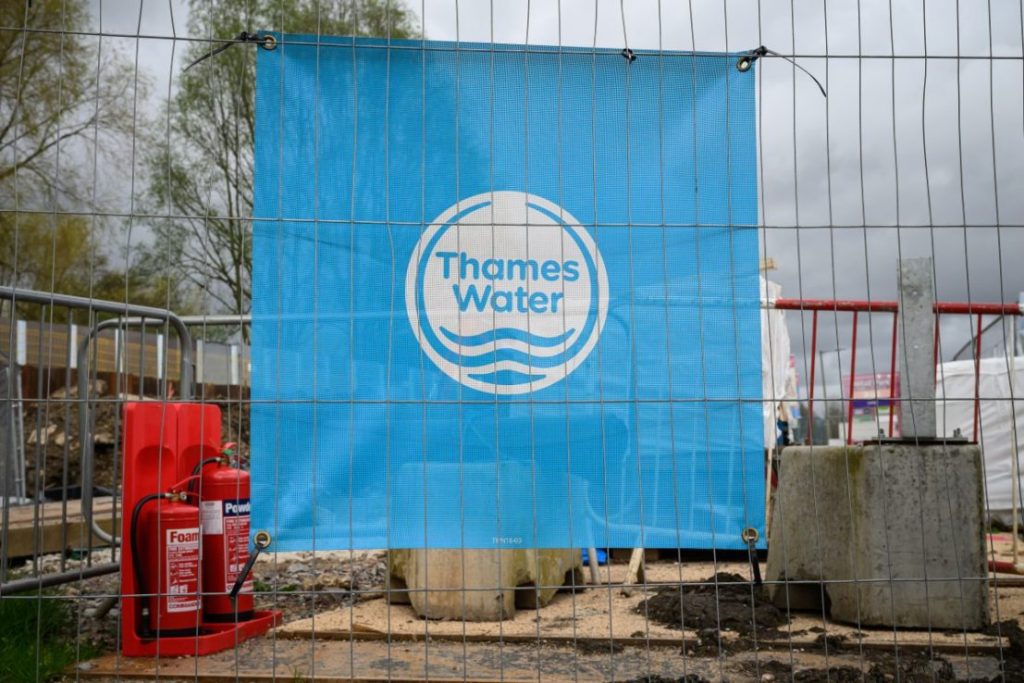Ofwat, the regulator responsible for overseeing water companies in England and Wales, is set to be abolished and replaced by a new body as early as next week, according to reports. The decision follows intense scrutiny over rising pollution incidents, spiralling debt at major firms such as Thames Water, and widespread criticism of Ofwat’s performance. A consultation on the creation of the successor regulator is due to be announced alongside the publication of a review led by former Bank of England deputy governor Sir Jon Cunliffe.
Why Ofwat faces the axe
The tipping point for Ofwat came with a damning review by Sir Jon Cunliffe, commissioned by the government to examine the water sector’s regulation. Official data released this week revealed that serious pollution incidents by water companies rose by 60% in 2024 compared to the previous year. Thames Water alone accounted for 33 of 75 recorded incidents, nearly half of all serious pollution events. The Environment Agency’s figures highlighted repeated untreated sewage discharges into rivers, sparking public outrage and mounting cross-party pressure for tougher oversight.
Cunliffe’s interim findings described a system that had drifted into a “sorry state,” with Ofwat’s inspections and enforcement actions proving inadequate. The report called for a “fundamental reset” of the industry, warning that “no simple, single change” would suffice to reverse deep-seated trends of environmental damage, mounting debt, and declining customer trust.
Thames Water’s mounting crisis
Thames Water, the largest private water company in the UK, has become synonymous with the sector’s failures. A £20 billion debt pile, record losses and multi-million-pound fines for sewage spills have left the company in a precarious position. In July, it posted a loss of £1.6 billion for the year to March, prompting its chair, Sir Adrian Montague, to warn that it could take a decade to restore financial stability.
Behind the scenes, Thames has been in talks with Ofwat over a takeover by its major creditors, seeking to stave off further financial penalties and avoid a forced sale of its assets. A previous deal with private equity giant KKR collapsed when the firm withdrew interest, leaving Thames in a race against time to secure fresh investment or face the prospect of temporary nationalisation.
Proposed powers for the new regulator
In response to the Cunliffe review and the government’s own 10-Year Health Plan announcement, ministers have committed to replacing Ofwat with a “new regulator” endowed with stronger enforcement tools. While details remain under consultation, key proposals include:
- Expanded access to real-time environmental and customer-service data, enabling swifter intervention in crisis situations.
- Removal or extension of the existing three-year limit for prosecuting past offences, allowing action against historic pollution incidents.
- Stricter controls on dividend payouts and executive remuneration in companies under investigation for environmental breaches.
- Enhanced powers to mandate capital investment in infrastructure upgrades, particularly in sewage treatment and leak prevention.
The new regulator is also expected to operate on a “low risk, low return” model, as recommended by MPs on the Public Accounts Committee (PAC). The PAC’s report warned that customer trust had sunk to its lowest level in over a decade, driven by repeated failures on environmental standards and poor service delivery.
The government’s stance and timeline
The Department for Environment, Food & Rural Affairs (Defra) has signalled that it will publish a White Paper outlining the framework for the successor body. The government has ruled out public ownership as a remedy, instructing Cunliffe to focus on regulatory architecture rather than nationalisation. However, ministers have made clear that the new regulator should have the statutory backing to enforce environmental protection and financial stability across the sector.
The consultation period is expected to run for several weeks, with formal legislative proposals to follow later in the year. Industry participants, consumer groups and environmental bodies will be invited to submit evidence on the scope and powers of the new watchdog.
Outlook for customers and the environment
For households and businesses served by water companies, the regulator shake-up promises a more accountable system. If the new body can deliver on pledges to target polluters swiftly, crack down on excessive debt-driven cost-cutting and ensure adequate infrastructure investment, consumers may finally see improvements in water quality and service reliability.
Yet the transition poses significant challenges. Establishing a new regulatory framework, staffing it with experienced inspectors and analysts, and rebuilding public confidence will take time. Interim measures, such as intensifying inspections and temporarily bolstering Ofwat’s existing powers, may be necessary to prevent further environmental harm during the handover.
As the sector braces for structural overhaul, Thames Water’s predicament and the rising tide of pollution incidents stand as stark reminders that regulation alone cannot cure systemic issues. The success of the new regulator will depend on its ability to enforce meaningful change in corporate behaviour, incentivise long-term investment and restore trust among customers who have grown weary of excuses and broken promises.
